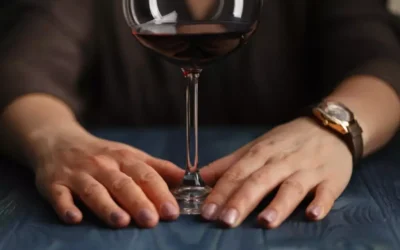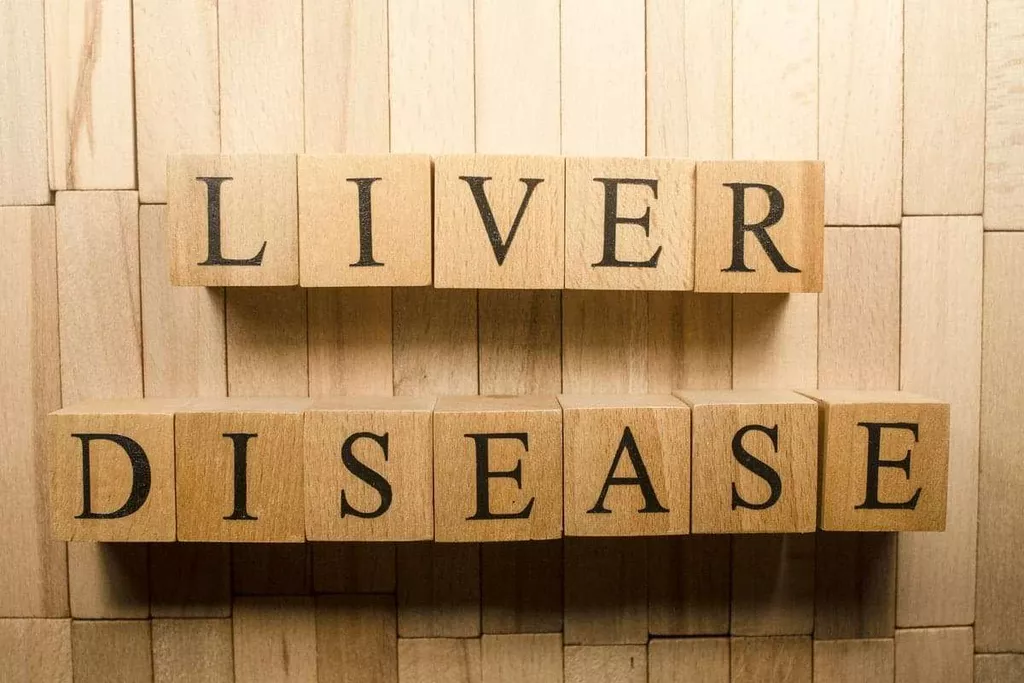From a glass of wine with dinner to a night out with friends or a celebratory toast, alcohol consumption is deeply ingrained in many social practices and cultural traditions worldwide. In the United States, over 84% of adults report drinking alcohol at least once in their lifetime. The constant stress of having an attack can lead to high blood pressure and a number of other health problems.
Consequences of Panic Attacks on Your Life
Alcohol also disrupts the delicate balance of chemicals in the brain and body.
Watch your alcohol consumption
In this article, we look at the links between alcohol and anxiety, the risks, and how to manage anxiety and alcohol in daily life. One of the worst things about panic attacks is the intense fear that you’ll have another one. You may fear having panic attacks so much that you avoid certain situations where they may occur. They can strike at any time — when you’re driving a car, at the mall, sound asleep or in the middle of a business meeting. Talkiatry is a national psychiatry practice that provides in-network, virtual care.

Prospective relative risk
While experiencing a panic attack might not be directly caused by quitting alcohol, it could indicate that your drinking habits were masking an underlying mental disorder. Finally, the assumption that common areas of construct space exist across the disciplines of psychiatry, psychology, and neuroscience is open to debate. For example, medically oriented researchers might view subclinical negative affect as qualitatively rather than quantitatively distinct from diagnosed anxiety disorders. Similarly, it could be argued that dysregulated biological stress responses share little construct space with subjective negative affect and drinking to cope. However, as already noted, a dysregulated stress response is a known biological marker for the development of anxiety disorders and AUD, as well as for relapse. However, the analysis also showed virtually no relationship between risk for alcohol dependence and the unique components of those diagnoses.

Think you have a drinking problem?
What are the worst foods for my anxiety? – Fortune
What are the worst foods for my anxiety?.
Posted: Sat, 24 Sep 2022 07:00:00 GMT [source]
Eventually, when you don’t drink alcohol, you may also suffer from panic attacks even more often than you did before drinking, especially if you drink every day or to numb your anxiety. In other words, drinking alcohol may give you a temporary sense of relief, but in the long term it’s likely to worsen your anxiety and weaken your coping capacities. As alcohol and anxiety are closely linked, research has also found that individuals who seek treatment for panic-related problems often meet the diagnostic criteria for alcohol use disorder. One study found that about a fourth of the individuals who were seeking treatment for a panic disorder had a history of alcohol dependence.
Alcohol Withdrawal Symptoms

If you or a loved one have an addiction to alcohol, evidence-based treatment may be the best option to alleviate severe withdrawal symptoms and stay on track to sobriety. Delirium tremens does alcohol cause panic attacks (DTs) is a serious side effect of alcohol withdrawal syndrome that shares similar symptoms to anxiety. DTs symptoms typically appear around 48 to 72 hours from the last drink.
Long-Term Health Risks
- As alcohol and anxiety are closely linked, research has also found that individuals who seek treatment for panic-related problems often meet the diagnostic criteria for alcohol use disorder.
- This can be dangerously addictive if you have frequent anxious thoughts.
- For one, drinking alcohol more frequently or having larger amounts can cause hangovers.
- The fact that all these physiological changes can cause symptoms so similar to those of a panic attack can trick your brain into having a real one.
- Understanding these parameters could make a valuable contribution toward using the stress system as a recovery biomarker.
At this point, you may have alcohol cravings or drink to avoid the low feelings withdrawal causes rather than for the pleasurable feelings alcohol consumption may offer. Alcohol addiction, or alcohol use disorder, is a complex and chronic brain disorder characterized by compulsive alcohol use, loss of control over drinking, and an intense craving for alcohol despite negative consequences. Alcohol is a central nervous system depressant that has immediate effects on the body, like intoxication (feeling drunk) and hangovers (unpleasant aftereffects from drinking). While these effects are short-lived, long-term alcohol use can trigger systemic (bodywide) inflammation, which damages the body’s tissues and vital organs over time. Excessive alcohol use is a term used to describe four ways that people drink alcohol that can negatively impact health. Our health care providers can answer your questions about the effects of alcohol or provide referrals for medical advice.
- Rather than two distinct conditions, each requiring a cause, negative affect and alcohol misuse may be parts of a single, neurobiological-behavioral syndrome.
- During your assessment for a substance use disorder, your care providers may uncover one or more underlying mental disorders.
- Photos are only for illustrative purposes and do not reflect every presentation of a condition.
- Now experts have reason to believe even moderate drinking carries risks.
- Panic attacks are episodes of extreme anxiety that typically last between 5 and 20 minutes.
For anyone prone to anxiety, it can be easy for one drink to turn into more and lead to a growing dependence on alcohol. Typically, he offers this in conjunction with supportive therapy, motivational interviewing, and/or cognitive behavioral therapy in 30-minute follow-up visits. Occasionally, Dr. Lin may recommend that additional therapy is needed and ask that you bring a therapist into your care team in order to provide the best outcome. This page explains more about anxiety, why alcohol can trigger it or make it worse, and steps you can take to feel better.
Opponent process model
Alcohol is a sedative and a depressant that affects the central nervous system. Drinking alcohol can have serious consequences if you’re being treated for anxiety. Having a drink might seem like a good way to ease anxiety, but you may be doing more harm than good. If you or someone you love is experiencing alcohol related anxiety, there are ways to cope. Everyone is different and may experience various combinations of the above, which are almost always accompanied by an overwhelming sense of fear and anxiety.
